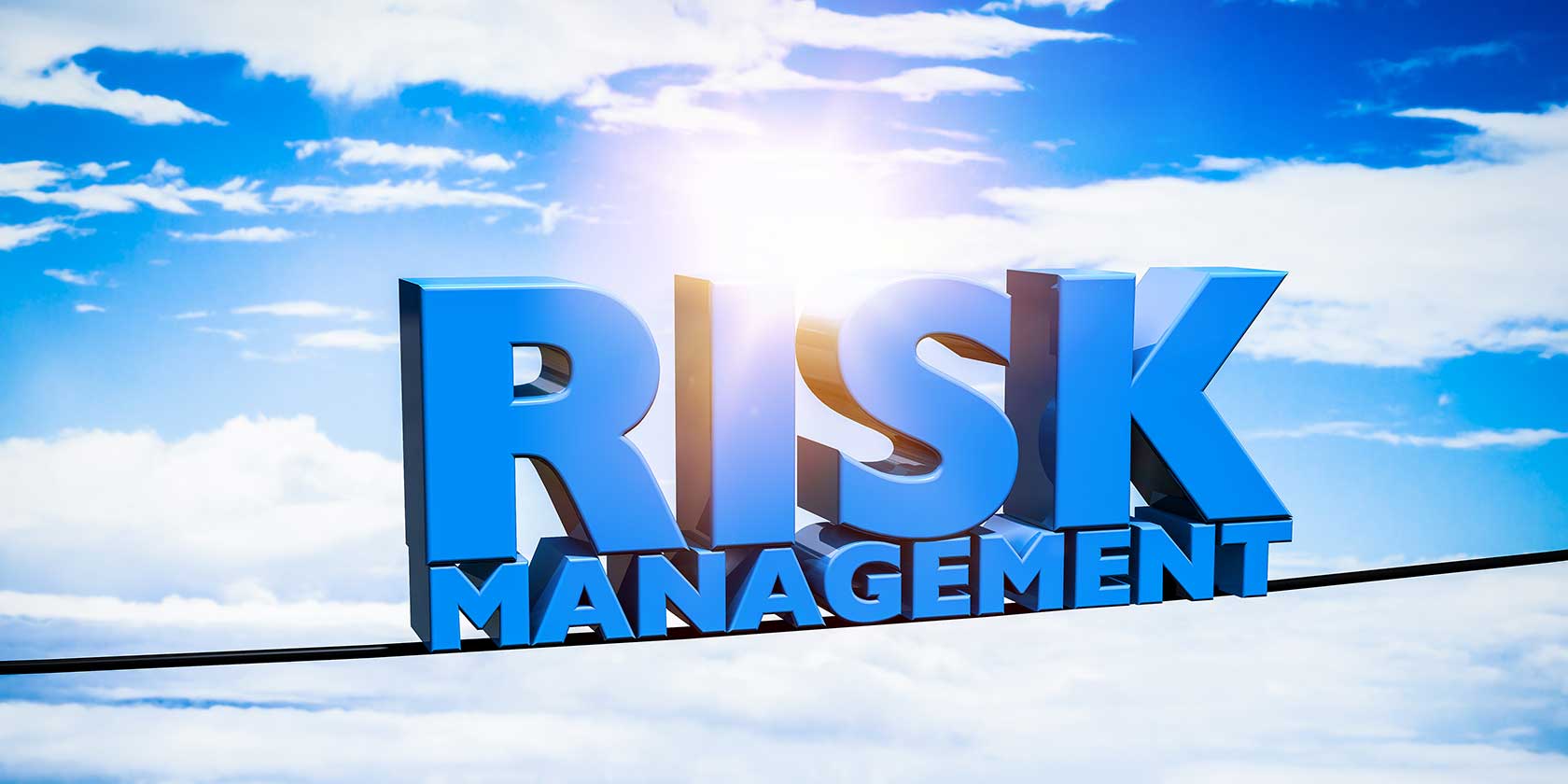Office of Foreign Assets Control (OFAC) Risk Assessment

The Office of Foreign Assets Control (OFAC) is an agency of the United States Department of the Treasury that administers and enforces economic and trade sanctions against targeted countries, entities, and individuals. Its primary mission is to prevent terrorism and other illegal activities by blocking the assets of individuals and organizations who pose a threat to national security or foreign policy interests.
OFAC's responsibilities include:
- Administering and enforcing economic sanctions programs against targeted countries, entities, and individuals, including freezing their assets and restricting their access to the U.S. financial system.
- Ensuring compliance with U.S. economic sanctions programs by financial institutions, businesses, and individuals.
- Investigating and imposing penalties on individuals and companies who violate U.S. economic sanctions.
- Licensing certain transactions that would otherwise be prohibited under U.S. economic sanctions.
OFAC operates under the authority of various laws, including the International Emergency Economic Powers Act (IEEPA), the Trading with the Enemy Act (TWEA), and the Foreign Narcotics Kingpin Designation Act (FNKDA), among others. Its sanctions programs target countries like Iran, North Korea, and Venezuela, as well as individuals and entities engaged in activities such as terrorism, drug trafficking, and human rights abuses.
Violating OFAC sanctions programs can result in severe consequences, including civil penalties, criminal prosecution, and reputational damage.
Here are some potential risks associated with violating OFAC programs:
- Financial Penalties: OFAC can impose significant monetary penalties for violating its sanctions programs. Civil penalties for each violation can range from tens of thousands to millions of dollars, depending on the severity of the offense and other factors.
- Criminal Prosecution: Willful violations of OFAC sanctions programs can result in criminal prosecution, which may lead to fines, imprisonment, or both. The U.S. government has increasingly pursued criminal charges against individuals and companies who violate sanctions programs.
- Loss of Business Opportunities: Companies that violate OFAC sanctions risk losing access to the U.S. financial system and may face restrictions on conducting business with other companies. This can result in significant revenue losses and damage to the company's reputation.
- Reputational Damage: OFAC violations can lead to negative media coverage, which can harm a company's reputation and lead to a loss of customer trust.
- Increased Scrutiny: Companies that violate OFAC sanctions may face increased scrutiny from regulators, customers, and business partners, which can lead to further legal and financial consequences.
It is essential for businesses to have an effective OFAC compliance program in place to ensure they are not violating any sanctions programs. This includes conducting risk assessments, implementing appropriate policies and procedures, and training employees on OFAC compliance requirements.
Ready to get started with reviewing your Information Security Efforts?
Ready to get started with reviewing your Information Security Efforts?
We’re here to help! Submit your information, and an AppliedCS representative will be in touch to discuss your goals.
We’re here to help! Submit your information, and an AppliedCS representative will be in touch to discuss your goals.

